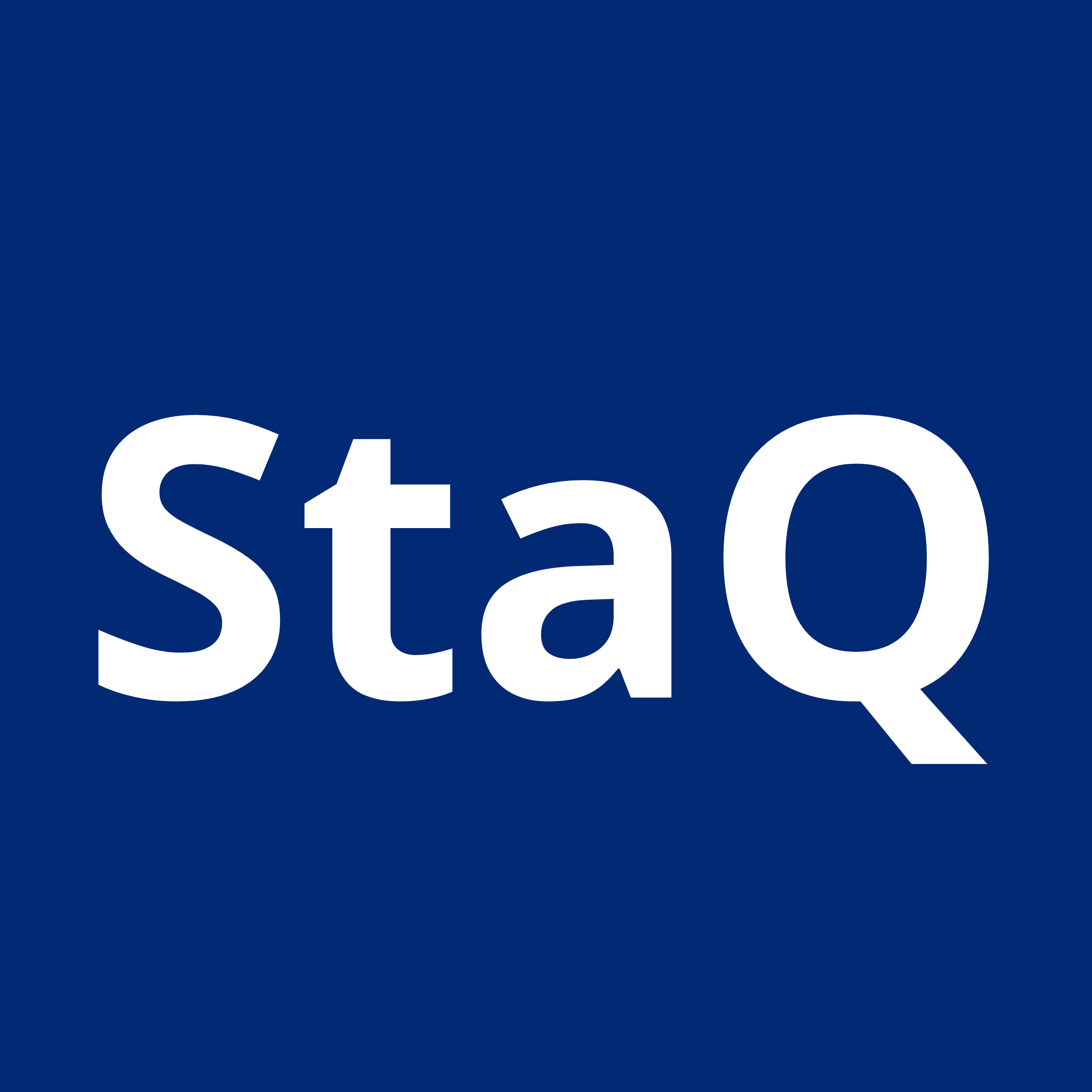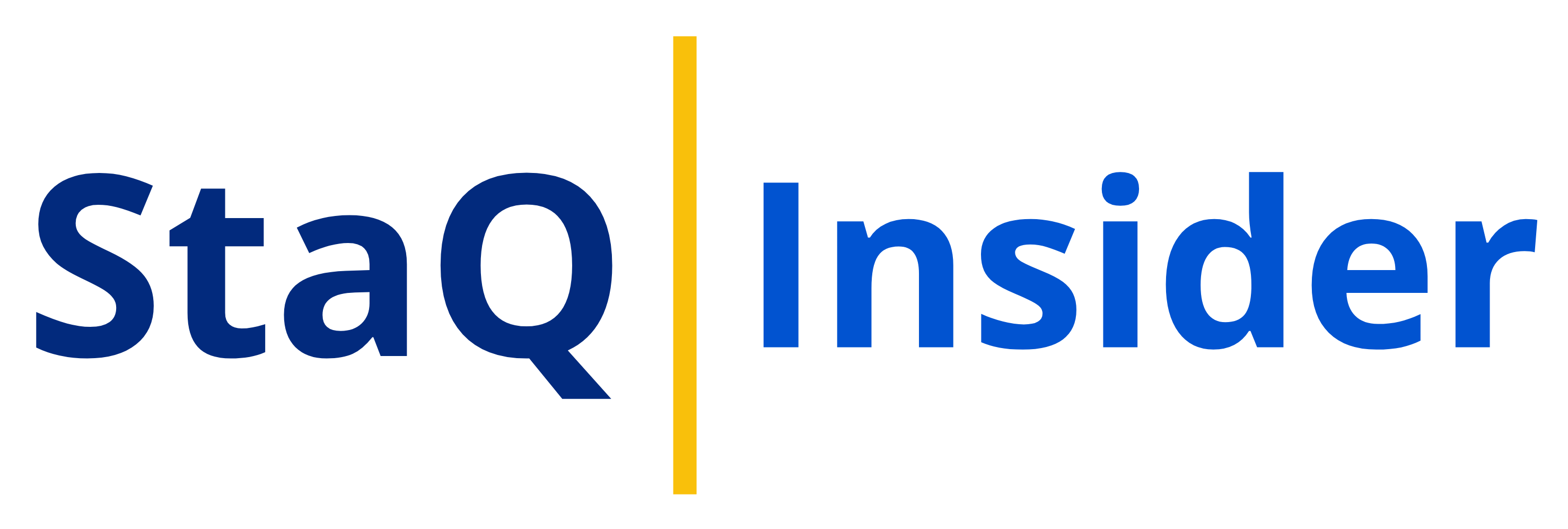Managing sales compensation can be a headache for even the most seasoned business leaders. Calculating commissions, tracking targets, and ensuring reps are paid accurately and on time – it’s enough to make your head spin. But what if there was a better way? Enter sales compensation management software. This powerful tool can transform the way you approach sales incentives, delivering a host of benefits that can have a direct impact on your bottom line. Let’s dive in!
What is Sales Compensation Management?
Sales Compensation Management is the process of setting the right compensation packages for sales employees to motivate them, align their performance with company goals, and create a clear vision of the goals you want your sales reps to achieve. It includes various elements such as base salary, commission, bonuses, and other incentives. The purpose of sales compensation management is to attract, motivate, and retain top sales talent while aligning sales efforts with the company’s objectives.
Think of Sales Compensation Management (SCM) as a tool to:
-
Attract and retain great salespeople by offering competitive compensation.
-
Get the most out of your sales team by motivating them to perform well.
-
Help your company achieve its sales goals by rewarding behaviors that drive success.
A well-structured sales compensation plan is crucial for recruiting top sales personnel, reducing turnover, and aligning sales efforts with the company’s goals.
What are the different types of Sales Incentive Programs?
Here are some of the different types of sales incentive programs:
-
Role-specific incentives: Tailored rewards based on individual strengths and roles (e.g., higher commission rates for closers, bonuses for prospecting).
-
Split incentives: Rewards shared between salespeople who collaborate on complex deals (e.g., commissions split between account executives and technical specialists).
-
Presales incentives: Motivating actions before the sale (e.g., bonuses for completing product demos or attending sales training).
-
Omnichannel incentives: Encouraging sales across various channels (e.g., rewards for exceeding online sales quotas).
-
Analytics-based incentives: Rewarding desired sales behaviors based on data (e.g., bonuses for exceeding customer follow-up targets).
-
Commission accelerators: Increasing commission rates as salespeople surpass goals (e.g., earning a higher commission percentage for exceeding a specific sales quota).
-
Sales contests: Short-term competitions with specific goals and rewards (e.g., contest for the most sales calls made in a week with a prize for the winner).
-
Cohort-based incentives: Programs with rewards based on performance tiers (e.g., bonuses for salespeople who rank in the top 10% for sales).
-
KPI & micro-KPI linked incentives: Rewards based on achieving specific performance indicators (e.g., bonuses for exceeding customer satisfaction ratings or completing a certain number of sales calls per day).
-
Badge-based incentives: Non-monetary recognition programs that acknowledge achievements (e.g., awarding digital badges for completing sales training modules).
-
Hierarchy-based incentives: Reward structures based on sales volume or achievement levels (e.g., tiered commission structures with increasing benefits for higher sales volumes).
-
Behavior-based incentive programs: Rewarding desired sales behaviors (e.g., bonuses for exceeding cold calling targets).
-
CRM-utility-based incentive programs: Encouraging the use of customer relationship management (CRM) tools (e.g., rewards for consistently updating CRM records).
-
Seasonal or time-based incentive programs: Boosting sales during specific periods (e.g., increased commissions during the holiday season).
-
Team-based incentive programs: Encouraging collaboration and achieving shared goals (e.g., team bonuses for exceeding overall sales targets).
How does Sales Compensation Management create effective Sales Incentives?
Effective sales incentive programs are like rocket fuel for your sales team. But to design them well, you need a good launchpad – that’s where Sales Compensation Management comes in.
Here’s how SCM can create effective Sales Incentives:
-
Define Goals:
SCM helps you figure out what you want your sales team to achieve. Is it pure revenue growth, landing new clients, or selling specific products? Knowing this helps design incentives that push the team in the right direction.
-
Targeted Incentives:
Not all salespeople are created equal. With SCM, you can create incentive programs that cater to different roles or experience levels within your sales team. This keeps everyone motivated.
-
Clear Targets & Metrics:
SCM helps set achievable yet challenging sales targets. It also defines clear metrics for measuring performance, like revenue generated or deals closed. This transparency keeps everyone on the same page.
-
Fair Compensation Structure:
A good SCM system ensures a fair base salary along with a well-defined incentive plan. This makes the overall compensation package attractive and motivates achievement.
-
Aligned with Company Goals:
Effective incentive programs, designed through SCM, are not just about individual sales targets. They should be aligned with the company’s overall goals for growth and profitability.
-
Motivational Design:
The best incentive programs use rewards that salespeople truly value. Cash bonuses are great, but SCM can help you incorporate non-cash incentives like trips, recognition programs, or additional paid time off.
-
Data-Driven Decisions:
Sales compensation shouldn’t be a guessing game. SCM helps analyze sales data to understand what motivates your team and what kind of incentive programs deliver the best results.
-
Transparency & Communication:
A well-designed incentive program, created through SCM, is clear and easy for everyone to understand. Open communication about the program and performance metrics is key to keeping the team engaged.
-
Regular Reviews & Adjustments:
The sales landscape keeps changing. SCM allows you to regularly review your incentive programs and adjust them as needed to stay relevant and motivating for your team.
-
Technology & Automation:
Modern SCM software can automate many tasks, freeing up time for sales managers to focus on coaching and development. This can lead to a more effective and efficient sales organization.
Sales Compensation Software to the Rescue!

What is Sales Compensation Software and how can it help businesses?
Sales compensation software automates the process of managing and calculating commissions, bonuses, and other incentive-based payouts for sales teams. This software streamlines administrative tasks like building incentive plans, tracking commissions, and administering payouts. By automating these processes, it eliminates the need for manual spreadsheets and calculations, which are error-prone and inefficient.
Sales Compensation Software helps companies make better strategic decisions by offering visibility into sales team performance and empowering sales reps with tailored incentive plans. This software is crucial for incentivizing sales teams, increasing productivity, and driving revenue growth in organizations of all sizes.
Benefits of using Sales Compensation Software for SCM:
Here are the benefits of using sales compensation software for sales compensation management:
-
Fewer Errors, Faster Payouts: Automate calculations for guaranteed accuracy and timely commissions.
-
Happy & Focused Teams: Free up time for sales reps and finance teams while boosting morale with clear incentives.
-
Smarter Plan Design: Easily build, test, and manage complex compensation plans for optimal sales performance.
-
Data-Driven Decisions: Gain insights to analyze plan effectiveness and make adjustments for better results.
-
Streamlined Operations: Reduce administrative tasks and improve sales forecasting with valuable sales pipeline data.
-
Scalability for Growth: Easily adapt your compensation plans as your sales team and business expand, ensuring the program remains effective.
-
Flexibility for Different Roles: Design and manage compensation structures tailored to diverse sales roles, like account executives or territory managers.
-
Global Compliance: Ensure adherence to local regulations and tax requirements for international sales teams.
-
Improved Budgeting and Forecasting: Gain greater control over commission expenses with accurate forecasting capabilities.
-
Competitive Advantage: Attract and retain top sales talent by offering a modern and transparent compensation structure.
How to Choose the right Compensation Management Software for your business?
Choosing the right compensation management software can be a complex decision for businesses of all sizes. Here’s a breakdown of the key factors to consider to ensure you select the one that best fits your needs:
- Define Your Needs and Goals
-
Identify challenges: Are you struggling with manual processes, errors in spreadsheets, or difficulty maintaining compliance?
-
Goals: What do you hope to achieve with the software? Do you want to simplify salary reviews, improve data analysis, or enhance transparency for employees?
-
- Evaluate Your User Base
-
Who will be using the software? HR professionals, managers, or even employees?
-
Understanding their needs will help determine the user-friendliness and accessibility features required.
-
- Prioritize Features
-
Must-haves: Core functionalities like salary planning, bonus management, and reporting are essential.
-
Nice-to-haves: Consider features like performance integration, mobile access, or scenario modeling based on your specific needs.
-
- Focus on Integration and Flexibility
-
Seamless integration with your existing HR or payroll systems is crucial to avoid data silos and manual work.
-
Customization: The software should adapt to your company’s unique compensation structure and workflows.
-
- User Interface and Training
-
Intuitive Interface: A user-friendly interface is essential for user adoption and efficient implementation.
-
Training: Ensure the vendor provides adequate training for HR, managers, and employees on using the software effectively.
-
- Compliance and Security Features
-
Prioritize software that assists in ensuring compliance with labor laws and regulations, provides audit trails, and includes security features to mitigate risks associated with manual errors and data breaches.
-
- Vendor Reputation and Experience
-
Evaluate the reputation and experience of the software vendor to ensure reliability, quality of service, and ongoing support for your organization’s needs.
-
- Pricing and Return on Investment
-
Compare pricing structures among different vendors, considering the value the software brings to your organization in terms of streamlining processes, improving accuracy, and enhancing overall efficiency. Look for a solution that aligns with your budget while meeting your key requirements.
-
By following these steps and carefully evaluating your requirements, you can select the right compensation management software that streamlines your processes, ensures fairness, and empowers data-driven compensation decisions for your business.
Popular Sales Compensation Management Software to Consider:
Here are 10 popular Sales Compensation Management Software options to consider for your business:
-
Spiff: Spiff offers a commission engine and automation platform designed to provide a transparent and gamified incentives experience for customer-facing teams.
-
CaptivateIQ: Praised for its user-friendly design, CaptivateIQ offers automated commission calculations, excellent customer service, and a flexible platform for managing complex commission structures.
-
Everstage: This no-code commissions automation platform focuses on transparency and gamification to motivate sales teams. Everstage boasts an easy-to-use interface and allows for building and customizing commission plans.
-
Xactly Incent: A well-established solution, Xactly Incent is known for its robust features and functionality, including commission calculations, quota management, and insightful reporting.
-
Varicent: Varicent offers a comprehensive sales performance management platform that includes incentive compensation management, territory and quota management, and data analytics.
-
SAP SuccessFactors Incentive Management (formerly SAP Commissions): This SAP offering integrates seamlessly with other SAP HCM products, making it a strong choice for businesses already invested in the SAP ecosystem.
-
Oracle Sales Performance Management: Oracle provides a feature-rich sales performance management solution that includes incentive compensation management, territory and quota management, and gamification tools.
-
QuotaPath: Designed with a focus on quota management, QuotaPath also offers incentive compensation management functionality, along with features for sales coaching and performance analytics.
-
Visdum: Tailored for SaaS businesses, Visdum offers a user-friendly platform for designing and automating even complex commission plans. It boasts deep CRM integration and caters to the specific needs of SaaS sales compensation.
-
Performio: Performio is a comprehensive sales performance management solution that includes incentive compensation management, gamification tools, and real-time performance dashboards.
Manual sales compensation processes are error-prone and time-consuming. Sales compensation management software offers a solution by automating calculations, improving accuracy, and streamlining workflows. With the right software, you can design and implement clear compensation plans, boost sales team motivation through transparency, and gain valuable data insights to optimize your compensation strategy.




